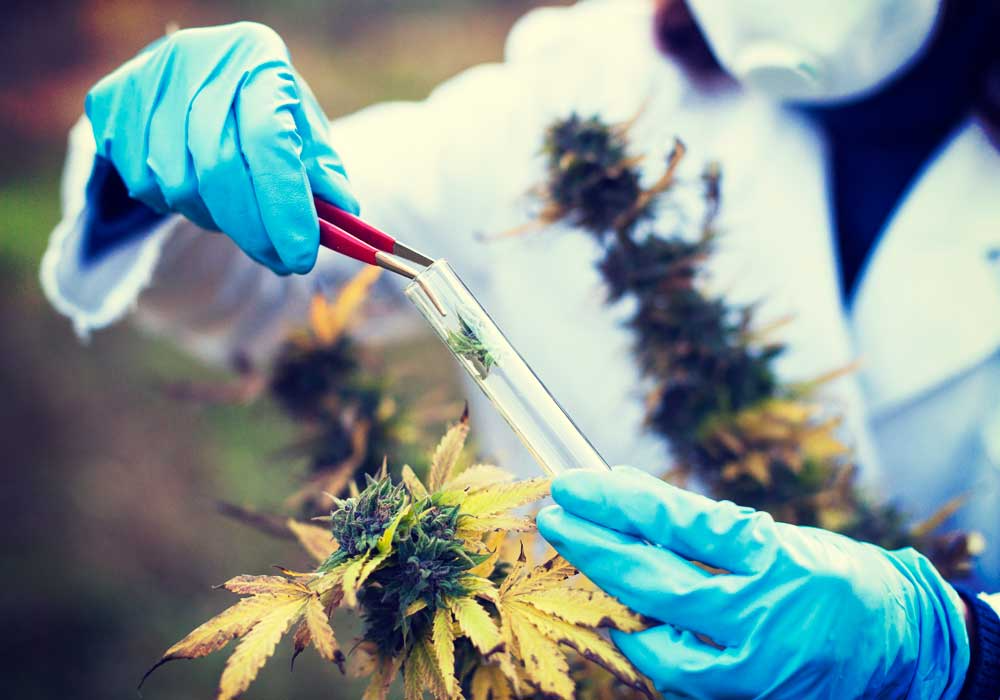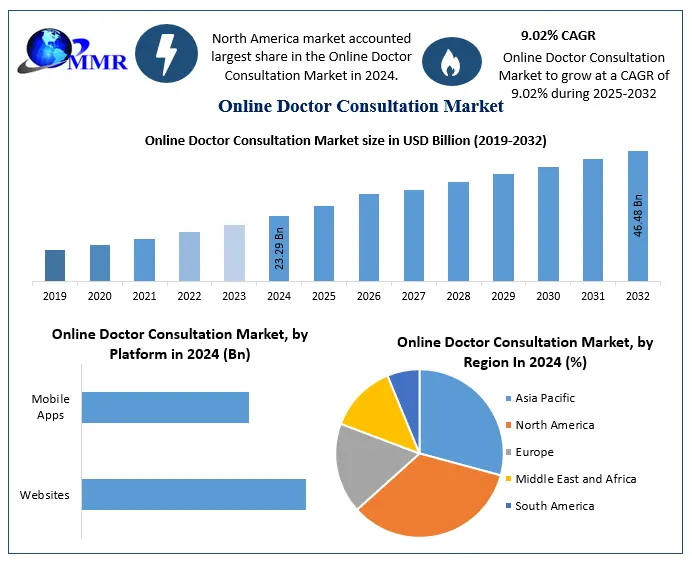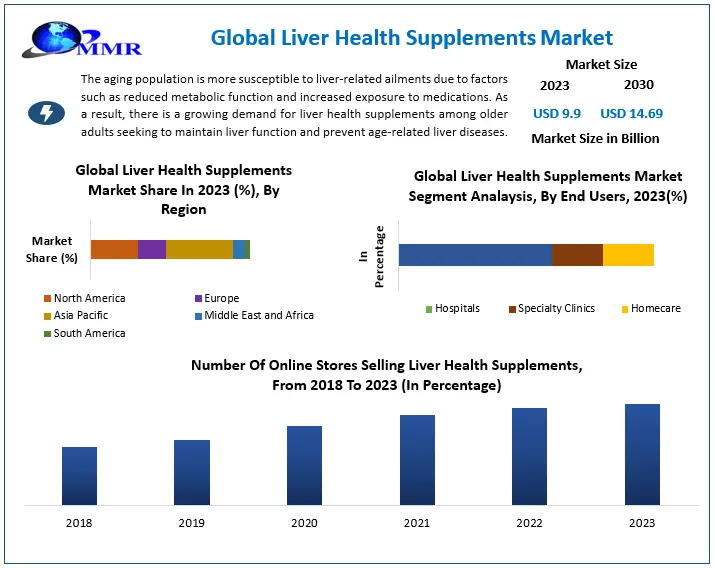Cannabis Testing Market Poised for Robust Growth, Projected to Reach $4.11 Billion by 2030
Advancements in Testing Technologies and Expanding Legalization Fuel Market Expansion
The Cannabis Testing Market is experiencing significant growth, driven by the increasing legalization of cannabis for medical and recreational use, advancements in testing technologies, and heightened consumer awareness regarding product safety and quality. According to recent analyses, the market, valued at approximately USD 1.78 billion in 2023, is projected to reach USD 4.11 billion by 2030, growing at a Compound Annual Growth Rate (CAGR) of 12.7% during the forecast period.
Cannabis Testing Market Estimation & Definition
Cannabis testing encompasses the analysis of cannabis products to ensure they meet safety, potency, and quality standards. This includes testing for cannabinoid content, contaminants such as pesticides and heavy metals, and microbial impurities. The market’s growth is attributed to the rising demand for standardized and reliable testing methods to comply with regulatory requirements and ensure consumer safety.
Market Growth Drivers & Opportunities
1. Legalization Trends: The progressive legalization of cannabis across various countries, including recent developments in Germany and several U.S. states, has significantly increased the demand for cannabis testing services. As legal markets expand, regulatory bodies mandate rigorous testing to ensure product safety and efficacy.
2. Technological Advancements: Innovations in testing methodologies, such as the adoption of High-Performance Liquid Chromatography (HPLC), Gas Chromatography (GC), and Mass Spectrometry (MS), have enhanced the accuracy and efficiency of cannabis testing. These technologies enable laboratories to detect a wide range of compounds and contaminants, ensuring comprehensive product analysis.
3. Consumer Awareness: Increasing consumer awareness regarding the safety and quality of cannabis products has led to a demand for transparency and standardized testing. Consumers are more informed about potential health risks associated with untested products, prompting manufacturers to invest in reliable testing services.
4. Emergence of Portable Testing Devices: The development of portable testing devices allows for on-site analysis, providing rapid and accurate results. These devices are particularly beneficial for cultivators and dispensaries, enabling real-time quality control and compliance with regulatory standards.
Segmentation Analysis
By Product & Software:
-
Analytical Instruments: This segment includes chromatography instruments (liquid and gas chromatography) and spectroscopy instruments (mass spectrometry and atomic spectroscopy). The demand for these instruments is driven by their ability to provide precise and reliable analysis of cannabis products.
-
Consumables: Comprising chromatography columns, certified reference materials (CRMs), and sample preparation products, consumables are essential for routine testing procedures. The increasing frequency of testing has led to a steady demand for these products.
-
Software: Laboratory Information Management Systems (LIMS) and other specialized software facilitate data management, compliance tracking, and workflow automation in cannabis testing laboratories.
By Service:
-
Potency Testing: Determines the concentration of cannabinoids like THC and CBD, ensuring accurate labeling and dosage information.
-
Terpene Profiling: Analyzes the aromatic compounds in cannabis, contributing to product differentiation and consumer preferences.
-
Heavy Metal Testing: Detects toxic metals such as lead, arsenic, and mercury, ensuring products are safe for consumption.
-
Pesticide Screening: Identifies residual pesticides that may pose health risks, ensuring compliance with safety standards.
-
Microbial Analysis: Detects harmful microorganisms, preventing potential health hazards.
-
Residual Solvent Screening: Ensures that solvents used in extraction processes are within safe limits.
By End-User:
-
Cannabis Cultivators/Growers: Require testing services to monitor plant health, potency, and compliance with regulatory standards.
-
Cannabis Drug Manufacturers: Utilize testing to ensure the safety and efficacy of cannabis-derived pharmaceuticals.
-
Research Institutes & Laboratories: Engage in comprehensive testing for product development and scientific studies.
By Sample Type:
-
Flowers: The primary form of cannabis, requiring testing for potency and contaminants.
-
Extracts: Concentrated forms necessitating rigorous testing due to higher potency levels.
-
Edibles: Food products infused with cannabis, requiring testing for uniformity and safety.
Cannabis Testing Market Country-Level Analysis
United States:
The U.S. remains a dominant player in the cannabis testing market, attributed to the widespread legalization of cannabis across various states and the presence of established testing laboratories. The market is expected to grow at a CAGR of 11.3%, driven by increasing demand for quality assurance and regulatory compliance.
Germany:
Germany’s recent legalization of recreational cannabis has positioned it as a significant market in Europe. The government’s stringent regulations on product safety and quality are expected to drive the demand for comprehensive testing services, fostering market growth.
Competitive Landscape
The cannabis testing market is characterized by the presence of several key players focusing on technological advancements and strategic collaborations to enhance their market position. Notable companies include:
-
Shimadzu Corporation: Offers advanced analytical instruments for cannabis testing, including gas chromatographs and mass spectrometers.
-
Agilent Technologies Inc.: Provides a range of testing solutions, including chromatography and spectroscopy instruments, catering to the cannabis industry.
-
PerkinElmer Inc.: Delivers comprehensive testing solutions, encompassing instruments and software for cannabis analysis.
-
SGS SA: A leading inspection, verification, testing, and certification company offering cannabis testing services globally.
-
Eurofins Scientific: Operates a network of laboratories providing a wide array of cannabis testing services, including potency and contaminant analysis.
These companies are investing in research and development to introduce innovative testing solutions, aiming to meet the evolving needs of the cannabis industry.
Conclusion
The global cannabis testing market is on a trajectory of robust growth, propelled by the expanding legalization of cannabis, technological advancements in testing methodologies, and increasing consumer demand for safe and high-quality products. As regulatory frameworks become more stringent, the role of comprehensive testing services becomes indispensable in ensuring compliance and fostering consumer trust. Stakeholders in the cannabis industry are poised to benefit from these developments, with opportunities for innovation and expansion in the testing sector.



